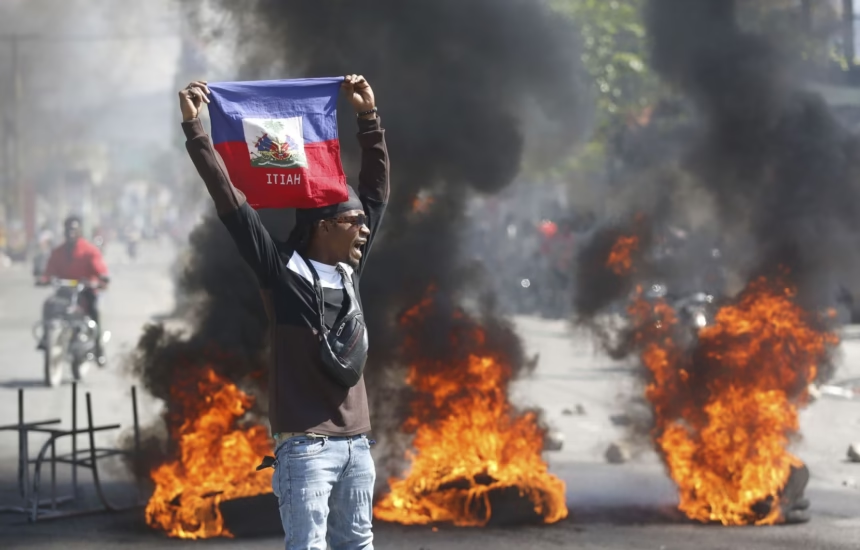Delmas, July 2025 — In response to the ongoing political stalemate in Haiti, the “Rassemblement des Démocrates Nationaux Progressistes (RDNP)” has broken its silence. In an official statement released this week, the party, currently under the interim leadership of Wadner Édouard, is calling for a collective awakening and is proposing an institutional transition led by the Court of Cassation the equivalent the US Supreme Court, with the goal of restoring democratic order.
“Despite the warnings we issued regarding the political formula chosen to replace the government of Ariel Henry, the RDNP never wished for the failure of the Presidential Transitional Council,” wrote the party, founded by the late President Leslie François Manigat.
The Presidential Transitional Council (PTC), established under international pressure following Ariel Henry’s resignation, is now viewed as a failure by the RDNP. While the party acknowledges it initially supported the initiative as an exceptional political experiment, it now condemns its inefficiency and lack of tangible results.
“It is no longer acceptable to waste the energy of an exhausted nation on a dysfunctional governmental experiment that has shown its many limitations in addressing the population’s urgent needs,” the note states.
The party also denounces alleged ethical breaches, corruption, and poor governance, firmly opposing any attempt to revive the Council, even in a restructured form.
“The RDNP distances itself from any initiative aimed at recycling failed actors, and would consider it an insult to intelligence to reappoint the same sectors that have already proven incapable and unwilling to deliver something better.”
In light of the deteriorating situation, the RDNP is advocating for a solution rooted in the constitution: assigning responsibility for the transition to the Court of Cassation. The party has signed onto a proposal alongside other political organizations supporting this approach.
“We view the Court of Cassation as an institutional framework capable of uniting a broad cross-section of national stakeholders,” the party explains.
While acknowledging the weaknesses within Haiti’s judicial system, the RDNP argues that the Supreme Court remains the only institution with the necessary neutrality to oversee credible elections during this transitional period.
The party offers a harsh assessment of the past three decades of Haitian politics, describing it as a collective failure.
“This collapse is the product of a rotten political class that thrives on corruption, compounded by incompetent elites unable to govern Haiti as a functioning democratic state.”
It also points to the role of foreign powers, accusing them of imposing unrealistic solutions without taking into account the will of the Haitian people.
Rejecting any posture of dominance, the RDNP reaffirms its commitment to dialogue and compromise.
“Haiti is our shared heritage and a reflection of our collective sovereignty. The RDNP does not claim to have the perfect solution, nor does it seek to impose its vision on others.”
The party warns, however, that time is running out and that further delays in decision-making could lead to irreversible consequences.
“If nothing is done immediately, it may soon be too late to determine, in full sovereignty, the direction the nation should take.”
While welcoming international solidarity, the RDNP insists that the framework for Haiti’s future must be defined by Haitians themselves.
“International support is welcome, but it is up to us, the Haitian people, to chart our own course toward development.”
The message also aims to inspire hope. The RDNP is calling for the emergence of a new generation of progressive, patriotic, and principled leaders.
In a context defined by insecurity, institutional collapse, and widespread despair, the party’s proposal seeks to reignite a structured political dialogue and restore the prospect of a democratic future for Haiti.







